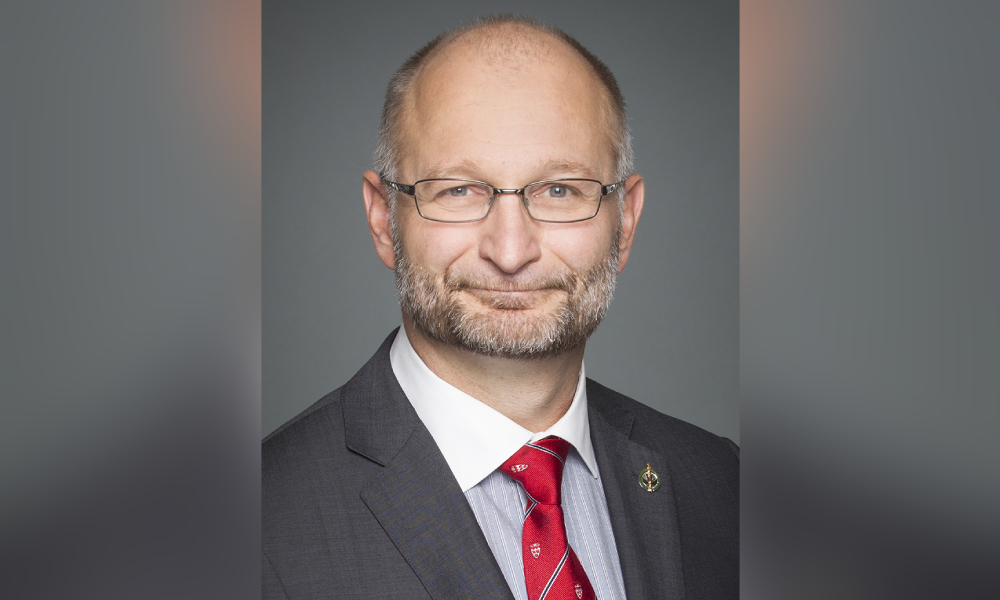
Three new provincial court judges will help deal with case backlog amid COVID-19

Minister of Justice and Attorney General of Canada David Lametti has announced judicial appointments in British Columbia for Leonard Marchand, as justice of appeal to the Court of Appeal, and F. Matthew Kirchner, as judge to the Supreme Court. The Ministry of the Attorney General in B.C. has also announced Martin Nadon, Jodie Harris and Michelle Stanford, as judges to the Provincial Court.
A Department of Justice Canada news release said that Marchand has replaced Justice Harvey Groberman in Vancouver, who elected to become a supernumerary judge effective Feb. 1, while Kirchner has taken the place of Justice Elliott Myers in Vancouver, who elected to become a supernumerary judge effective Nov. 22, 2020.
Justice Marchand has served as judge of the Supreme Court of British Columbia in Kamloops, as judge of the Provincial Court of British Columbia and as an articling student and then lawyer at Fulton & Company LLP in Kamloops. A member of the Okanagan Indian Band, Marchand has presided in First Nations Court in Kamloops, where he assisted in developing healing plans for offenders with input from elders; has devoted efforts to advancing reconciliation for Indigenous people; has helped pursue civil claims of historic child abuse in institutional settings; and has participated in negotiating and signing the Indian Residential Schools Settlement Agreement. He graduated from the law school at the University of Victoria in 1994.
Justice Kirchner has worked at Ratcliff and Company LLP in Vancouver for his entire career, first as articling student and most recently as managing partner. His practice was focused on Aboriginal rights litigation and acted for First Nations and Indigenous clients in significant Aboriginal rights trials, appeals and judicial reviews. He has acted as a law clerk at the B.C. Supreme Court. He received his Bachelor of Laws from the University of British Columbia in 1997 and his call to the bar in 1999.
The three newly appointed provincial court judges will help in dealing with the case backlog caused by the COVID-19 pandemic, Justice Canada said in an earlier news release.
Martin Nadon, who will be sworn in on Apr. 6 and assigned to the Northern Region with Chambers in Prince George, has been a Crown counsel for the ministry of attorney general. He started as a family and civil law practitioner in a Nanaimo-based firm before launching his own criminal law practice in Kelowna.
Jodie Harris, who will be sworn in on Apr. 12 and assigned to the Fraser Region with Chambers in Abbotsford, has served as a prosecutor in both the Provincial Court and in the Supreme Court, as Crown counsel with the B.C. Prosecution Service and as an associate at Blake, Cassels & Graydon LLP in Vancouver.
Michelle Stanford, who will be sworn in on Apr. 12 and assigned to the Northern Region with Chambers in Williams Lake, has been a practitioner of administrative and criminal law in Kamloops, a special prosecutor, and the first Black and female bencher in Kamloops and Yale County. She was designated as Queen’s Counsel in 2018.